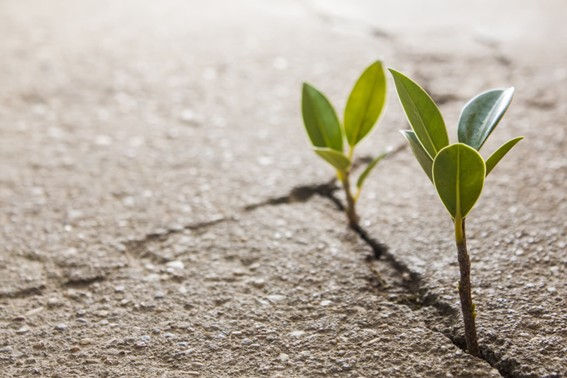Road to Recovery: Focusing on the Beginning
- Marshall Wanimo

- Sep 15, 2025
- 2 min read
The moment a person makes the decision to change their life choices about their physical and mental wellbeing, work towards a meaningful self-directed life, and strive to achieve their maximum potential, then we can say that they have begun their recovery journey. With this in mind, we can define recovery as the process of combating a disorder with the aim of returning to a state of mental and health normalcy.
Recovery is a lifelong process and staying either substance free or committed to mental health improvement programs can be challenging. At the beginning of the recovery process, the acknowledgement of the current situation and the need for change by a victim of drug abuse or mental health disorders is fundamental. This important step is critical to identify the parties involved in the recovery journey and to craft a recovery plan suitable to the person.

The parties often involved in taking victims of drug abuse or mental health disorders through the recovery process are educators and coaches who have the technical skills to deal with such issues. The AIFED Recover project (ERASMUS+2023-2-LT01-K210-ADU-000185371), recognizes the important role these educators play in helping individuals in recovery rebuild their lives. The project advocates for the involvement of recovered individuals as volunteers or staff members, as they have walked the journey and possess useful insights for recoverees.
The training and involvement of recovered individual will ensure their have the skills to transmit their knowledge. These individuals are crucial in the trust building process with the recoverees. With a foundation of trust established, crafting a curtailed recovery plan with the recovering individual will create a feasible roadmap to a better lifestyle for the individual.
In conclusion, the starting point of recovery, unlike any other starting points requires, commitment as well as a strategic, thoughtful, and thorough approach. Setting a strong base for recovery will significantly contribute to perseverance, abstinence and eventually the full recovery of the victim. With projects such as the Recover project by AIFED, these recoverees have the opportunity to share their journey and help other individuals going through the same struggles. This creates a sustained system of support and a clearer roadmap to recovery.




Such an important read. I like how it highlights the role of recovered individuals in guiding others, making recovery feel more connected and less lonely.